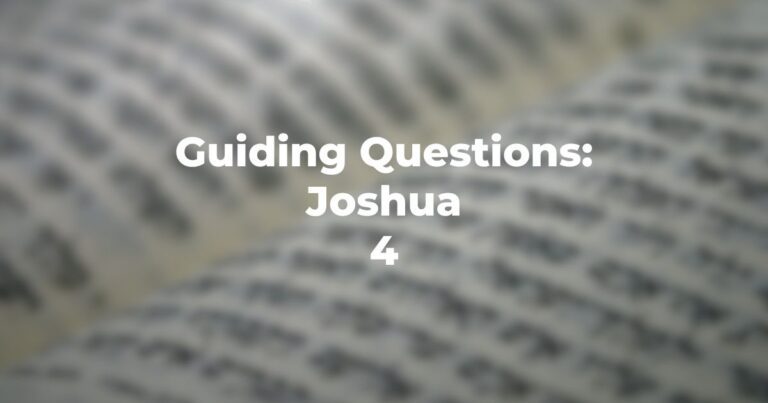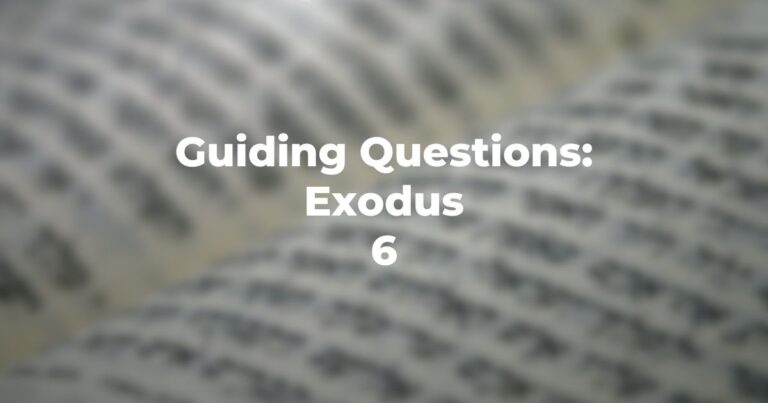- A comment: In Proverbs 26:2, some may regard “backfire” as an anachronistic colloquialism. The Hebrew is lo tavo, literally, “will come [back] to him.” Is there such a thing as a “justifiable curse” in contrast to the “gratuitous curse” mentioned here?
- Proverbs 26:10, as noted in JPS, is difficult. The old version reads: “A master performeth all things; But he that stoppeth a fool is as one who stoppeth a flood.” Is the message basically the same?
- What is your opinion of the relatively lengthy collection of remarks about the “dullard” in Proverbs 26:1-12? What is your opinion of the writer? Does “dullard”, as used throughout Proverbs, imply mental deficiency or simply stupidity?
- Where have we encountered the message of Proverbs 26:13 previously? What does it imply?
- What is the danger of “seizing a dog by its ears” (Proverbs 26:17)? Were dogs, which we treat as pets, regarded and treated differently in the ancient Middle East?
- How would we categorize in modern parlance the behavior described in Proverbs 26:18-19?
- In Proverbs 26:22, JPS translates the difficult word mitlahamim as “bruising.” The old versions render it “dainty morsels.” Which meaning is preferable?
- What human characteristic is implied in Proverbs 26:23?
- What is the significance of the number 7 in Proverbs 26:25?
- Why does one who digs a pit or rolls a stone deserve retribution (Proverbs 26:27)?
- Is there a connection between Proverbs 26:28 and Proverbs 26:27 as some commentators suggest?
Author
-

Exploring Judaism is the digital home for Conservative/Masorti Judaism, embracing the beauty and complexity of Judaism, and our personal search for meaning, learning, and connecting. Our goal is to create content based on three core framing: Meaning-Making (Why?), Practical Living (How?), and Explainers (What?).
View all posts




